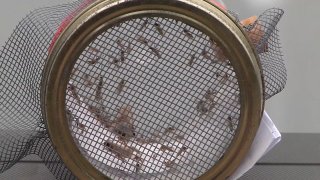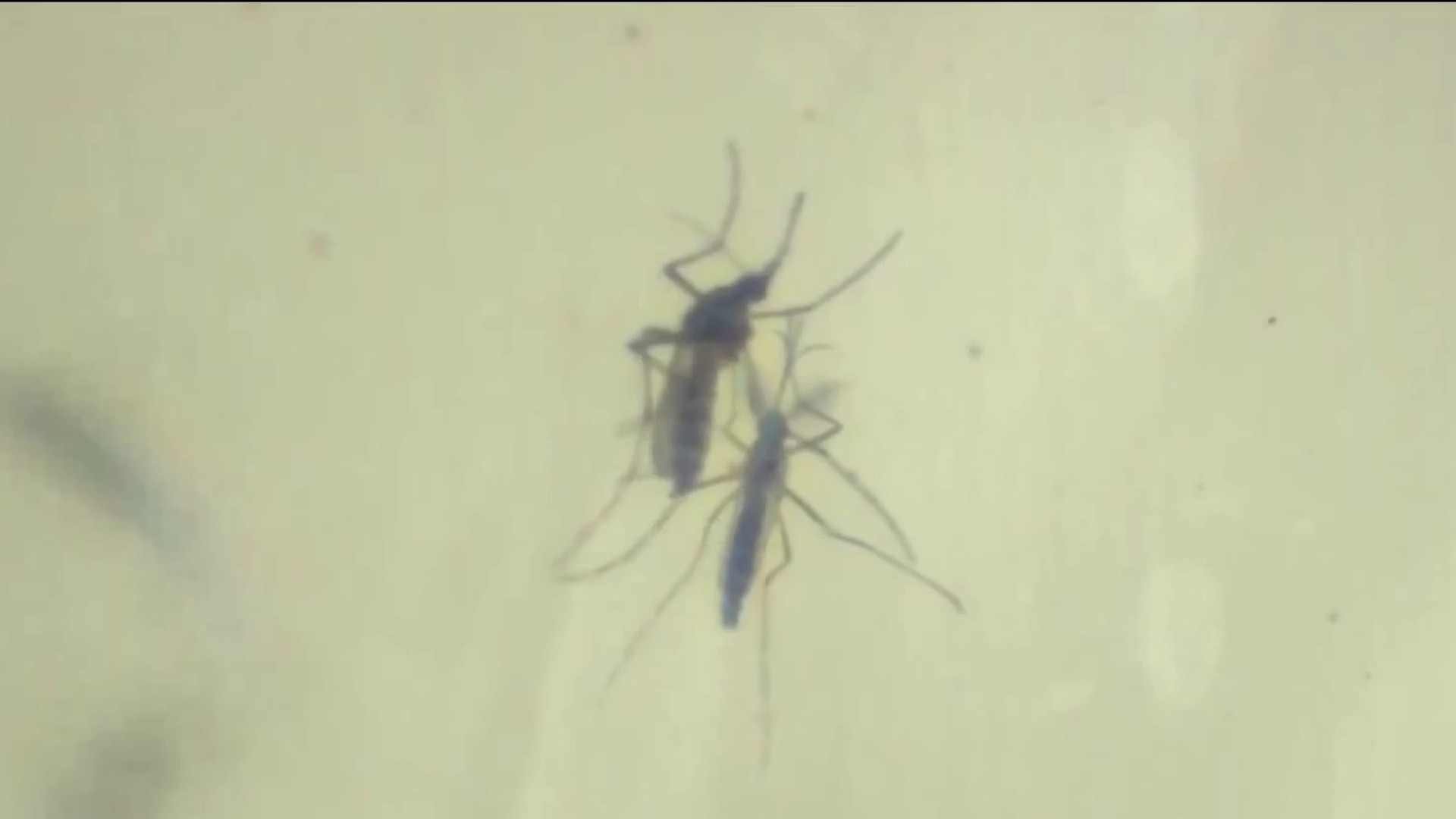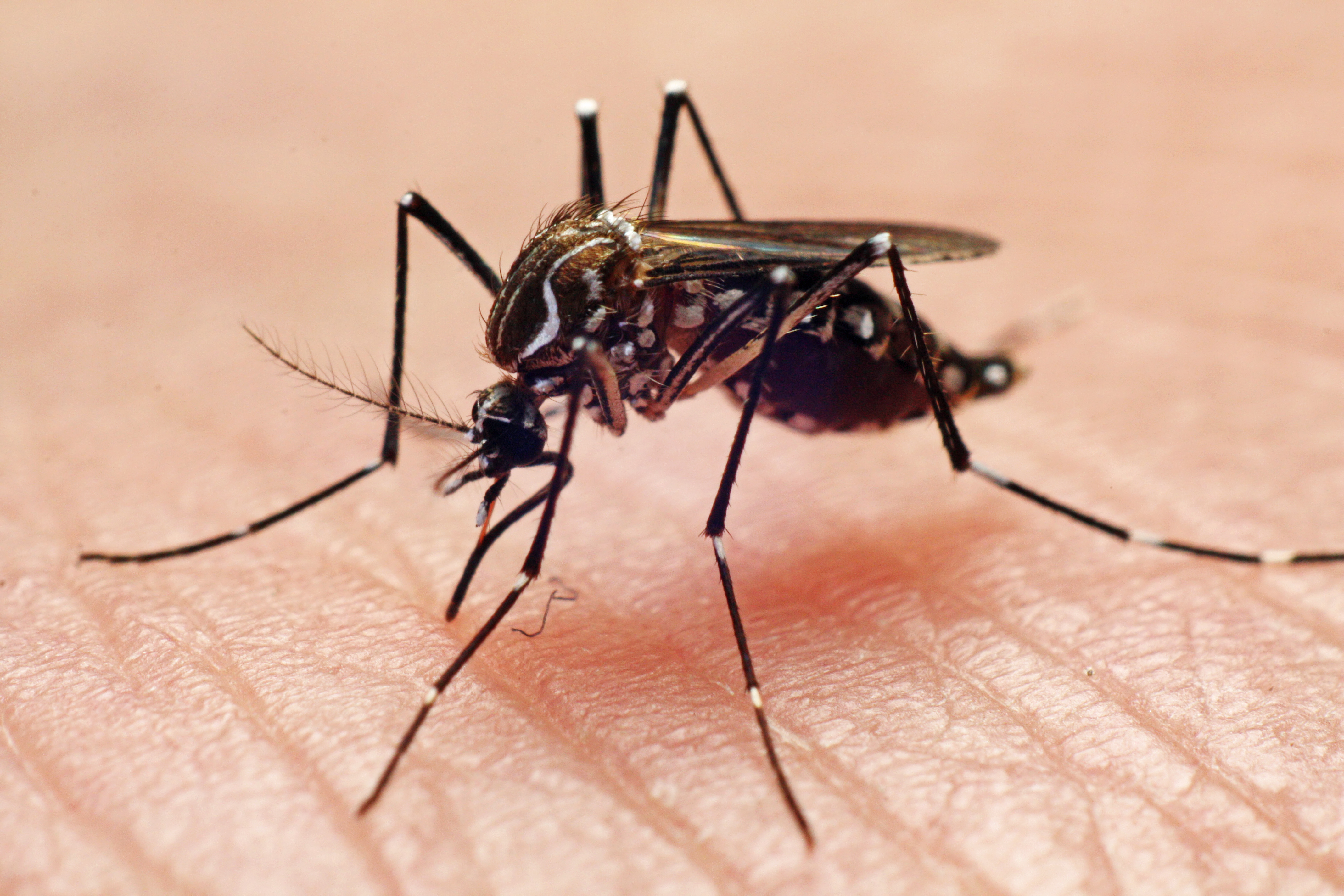
Cities scattered across North Texas have reported mosquitoes testing positive for West Nile virus.
DALLAS COUNTY
Dallas County Health and Human Services said Tuesday they will begin ground spraying for mosquitoes after samples tested positive for West Nile virus in Coppell (75019), Lancaster (75146) and Seagoville (75159).
So far this season, DCHHS said West Nile virus has been confirmed in 16 traps at 17 mosquito pools in Balch Springs, Carrollton, Coppell, Dallas, Garland, Irving, Lancaster, Mesquite, Richardson and Seagoville.
Get top local stories in DFW delivered to you every morning. Sign up for NBC DFW's News Headlines newsletter.
To see the latest spray maps and schedules, click here.
Residents should remain inside during the time sprayers are in the area.
No human cases of West Nile virus have been reported in Dallas County.
TARRANT COUNTY
West Nile virus was also detected in samples at three locations in Arlington. Crews are expected to spray Tuesday and Wednesday, June 27-28, from 9 p.m. until 5 a.m. at the following locations.
- Helen Drive at Hadley Drive map
- Yaupon Drive at Green Oaks Boulevard map
- Saddle Ridge Road at Yachtclub Drive map
No human cases of West Nile virus have been reported in Tarrant County.
How to Protect Yourself From Mosquito Bites
- Dress in long sleeves, pants when outside: For extra protection, spray thin clothing with repellent.
- DEET: Make sure this ingredient is in your insect repellent.
- Drain standing water in your yard and neighborhood: Mosquitoes can develop in any water stagnant for more than three days.
It has been recommended in the past that to avoid mosquito bites you should avoid being outdoors during Dusk and Dawn (the 4 Ds). While this is true for mosquitoes that commonly carry the West Nile virus, other types of mosquitoes that are more likely to carry Zika, dengue and chikungunya are active during the day. When outdoors, no matter what time of day, adjust your dress accordingly and wear insect repellent containing DEET, picaridin or oil of lemon eucalyptus as your first line of defense against insect bites.




